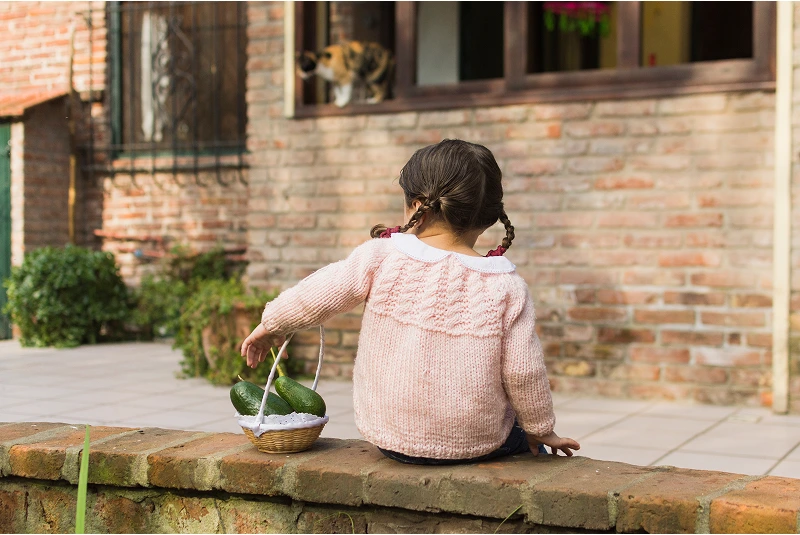For many of us, our home is more than bricks and mortar. It is a place of comfort, memories, and safety. As parents, it is natural to want to pass that same security on to our children, especially if they have additional needs.
I understand this personally. My son has profound autism and one of my deepest worries has always been about where and how he will live in the future. The idea of leaving him our family home as a safe, familiar place feels like an act of love. But if your child has been assessed as lacking capacity, leaving a house to them directly can create more challenges than it solves.
The Risks of Leaving a House Outright
If you leave the house directly to your child and they lack capacity, they may not be able to legally own or manage it. Even if they could, owning property outright brings its own risks:
- They may not be able to handle bills, repairs, or legal obligations.
- They could become vulnerable to people who do not have their best interests at heart.
- If the property ever needs to be sold or adapted, decisions may be delayed or made more complex without the right legal framework in place.
What begins as a loving intention can unintentionally create stress, legal complications, and practical risks for your child.
How a Trust Can Help
A safer option is to place the property into a trust. The trust owns the house on behalf of your child, while trustees you appoint are responsible for managing it.
This approach has several advantages:
- Your child can continue living in the house, with trustees ensuring it is maintained and safe.
- If the house ever becomes unsuitable, trustees can sell it and buy a more appropriate property.
- Trustees take responsibility for upkeep, repairs and the legal side of property ownership.
There are also practical considerations. Trustees will need to make joint decisions, manage ongoing responsibilities, and handle any future property transactions. Choosing trustees who are reliable, trustworthy, and able to work together is key.
📘 If you are unsure about how to set up a trust for property, you might find my book Planning With Love helpful. It walks through these decisions in plain English and is designed for families like ours.
Gifting the Property Into Trust in Your Lifetime
Another option some parents consider is gifting the property into trust while they are still alive, rather than waiting for it to pass under their will. This can work well in certain situations, but it is important to understand both the benefits and the drawbacks.
Pros:
- You get to see the trust in action during your lifetime, which can give you confidence in how trustees will manage the home.
- The property may already be ring-fenced for your child, avoiding uncertainty after your death.
- It can be helpful if you are worried about losing mental capacity yourself, since trustees will already be in place to manage the home.
Cons:
- Once the property is in trust, you lose legal ownership, which means less personal flexibility and control.
- It may have tax consequences, such as Inheritance Tax (if the value exceeds allowances) or Stamp Duty Land Tax in some cases.
- Trusts must be registered with HMRC and trustees take on ongoing reporting responsibilities.
For many families, gifting in lifetime can be powerful, but it needs careful thought and advice. It is not something to do quickly without weighing up the long-term impact.
Writing It Into Your Will
For most families, the simplest and most common route is to have the trust written into your will. This ensures the property is handled exactly as you intended, protecting your child’s right to a home while avoiding unnecessary complications.
It is also wise to create a Letter of Wishes alongside your will. In this, you can explain why the house matters, how you would like trustees to manage it, and what your hopes are for your child’s future.
Next Steps
I know this can feel like a lot to think about. As a parent, it is emotional to picture your child living in the home without you. The important thing to remember is that you can put structures in place now to make that transition as smooth and secure as possible.
🔑 If you want to explore your options, you can book a Secure Futures Consultation with me. We will go through your will, property, and trusts in detail so you know exactly what steps to take next.
Final Thoughts
Leaving a house to your child is an act of love. With the right planning, it can become a source of stability rather than a source of stress. By using a trust, whether during your lifetime or through your will, appointing the right trustees, and making your wishes clear, you can ensure your child has a safe and stable place to call home.



